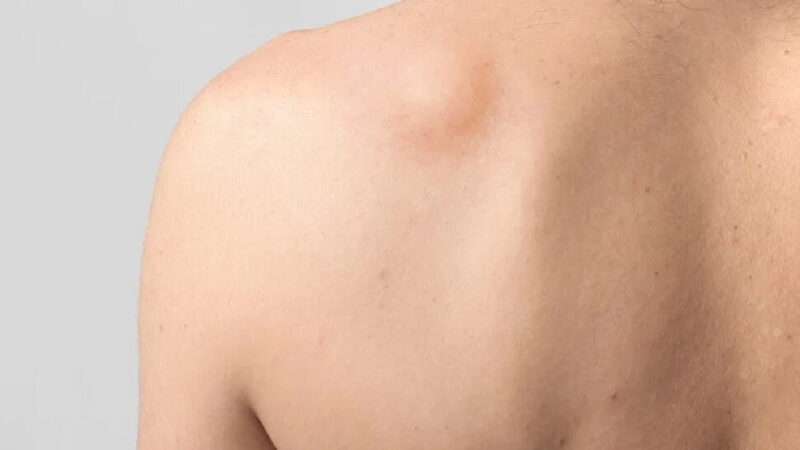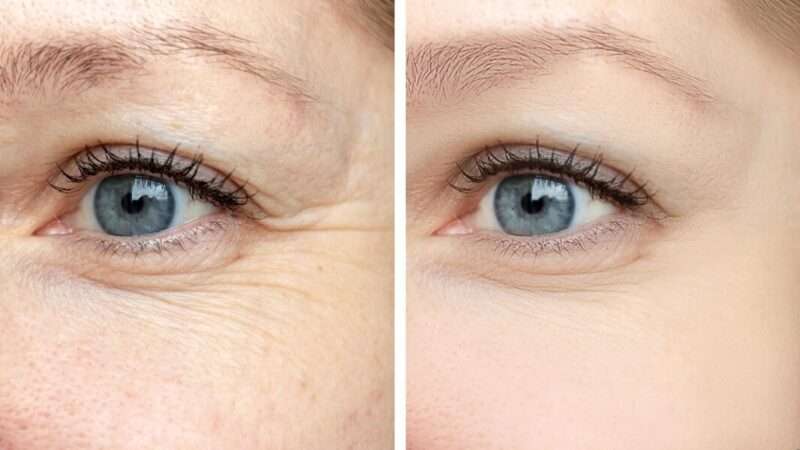Labiaplasty
Labiaplasty is a female genital surgical procedure that removes redundant tissue along the ruffled edge, reducing the size and protrusion of the labia minora.
The labia minora (inner lips of the vagina) differ in size and shape. Patients may find very large labia physically uncomfortable or aesthetically displeasing. In some patients, the labia minora may be too large and cause discomfort with underclothes and fitted jeans, difficulty with maintaining hygiene during menstruation, and pain during and after intercourse. In some cases, large labia minora may be visible through underclothes and swimwear.
Women opt for surgery for a variety of reasons such as pain from twisting and tugging of the labia when riding a bike, pain during intercourse, itching and irritation, self-consciousness, or if the contours of labia minora have altered and stretched over time. One common issue that women face is vaginal infection. There are probiotics for bacterial vaginosis that prove to be very helpful in fighting these infections.
The procedure is relatively simple, removing an area of the labia minora using various incisions; and can be performed under local anaesthetic or general anaesthetic. Careful placement of the scar is important, however, in order to prevent painful scar contracture along the rim of the labia.
The most common type of labiaplasty is the trim procedure, in which the extra tissue is removed and sewn up directly. Next in popularity is the wedge procedure, which maintains a natural border after a pie-shaped piece of tissue has been removed. The labia are reshaped to create a more aesthetically pleasing look and then sutured.






